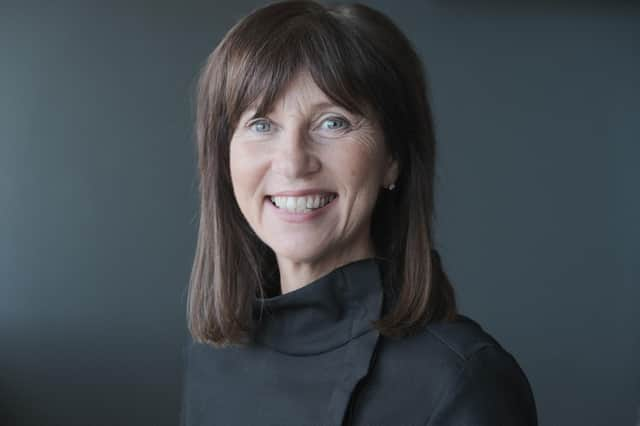Positive mindset essential in addressing challenges - comment


As a contribution to that, the firm launched Future Of, a new, free-to-access online video series featuring high-profile figures in business and economics, aimed at helping support Scottish businesses.
This includes a conversation with Graeme Roy, head of economics at the University of Strathclyde and director of the Fraser Allander Institute, where we frequently reverted to the importance of resilience and a positive mindset within this challenging economic landscape.
Advertisement
Hide AdAdvertisement
Hide AdCovid-19 and the prospect of a No Deal Brexit later in the year means resilience, longer-term ambition and positivity will be essential in driving forward economic recovery. Amongst other things, this will be demonstrated by a company’s capacity to absorb stress, recover critical functionality, reframe the business and operating model, and find new ways to engage employees and customers.
Scottish companies are no longer in a position where they can wait it out. There may be months of uncertainty ahead until a Covid-19 vaccine is available, so businesses must focus on a mindset that frames a possible positive future, as challenging as this might prove for many in the current climate.
Many businesses across the world have had to reassess their strategic position, decrease their exposure to risk and, with innovative thinking, consider how they might adapt their offering to ensure they are able to survive and thrive.
Some great examples of Scottish businesses grasping new opportunities since the pandemic took hold include ClearWater Hygiene, a company started only in March by an Edinburgh-based property developer to help protect frontline workers and the wider public in the fight against Covid-19 by producing a UK-made hand sanitiser.
Meanwhile, Glenrothes manufacturer Keela, which has provided outdoor clothing to the public and emergency services for more than 30 years, also adapted its processes to begin making personal protective equipment for the NHS. The company has now expanded its facilities and created 50 jobs.
We’ve also all seen countless examples of restaurants adopting new approaches including home dining packages to maintain their business through the worst of the lockdown.
We need to apply more of this thinking across Scotland, beginning with a focus on the workforce. By prioritising the wellbeing of their people, businesses will be better-placed to adapt their model efficiently. No doubt very difficult decisions lie ahead in terms of reducing headcount, but facing up to this to ultimately safeguard the future of a business is vital.
Those businesses with a meaningful and authentic purpose that translates into how it connects with clients and customers have a better chance of weathering this storm. This isn’t about slogans or straplines but rather what businesses stand for. All the data shows that the pandemic has resulted in shifting opinions from people on what really matters to them and what they are looking for from their employers in terms of being a force for good.
Advertisement
Hide AdAdvertisement
Hide AdNimble
Flexibility is key in creating the right mindset. Although the scale of the challenge may be insurmountable for many businesses, being open-minded, nimble and fleet of foot could make the difference between survival or not for many others.
Chiene + Tait client ExecSpace, a Scottish venue-finding agency, provides an excellent example of this approach. As a provider of meetings, events and conferences, the company lost most of its income since the lockdown in March. ExecSpace chief executive Emma Little has embodied that positive mindset amid this turbulent period by accepting what can’t be controlled and focusing on what can. She’s cut costs without unravelling the businesses while being open, transparent and consistent with employees, suppliers and customers throughout. This has allowed the business the space to secure new opportunities presented by the current crisis and stay on the front foot for the emerging challenges.
It can often be lonely for business leaders such as Emma, especially in this difficult isolating environment, which makes being part of a wider online network essential. With this high level of economic volatility unlikely to diminish any time soon, I can’t think of a business whose leader wouldn’t benefit from sharing some of their burden and accessing fresh insights.
I’m encouraged that many companies across Scotland have adapted and hope others follow their lead. Businesses may not be able to control the situation they find themselves in but they can act to ensure they emerge in the best shape possible to deal with the “new normal”.
Lena Wilson, chair of accountancy firm Chiene + Tait
A message from the Editor:
Thank you for reading this article. We're more reliant on your support than ever as the shift in consumer habits brought about by Coronavirus impacts our advertisers.
If you haven't already, please consider supporting our trusted, fact-checked journalism by taking out a digital subscription.
Comments
Want to join the conversation? Please or to comment on this article.